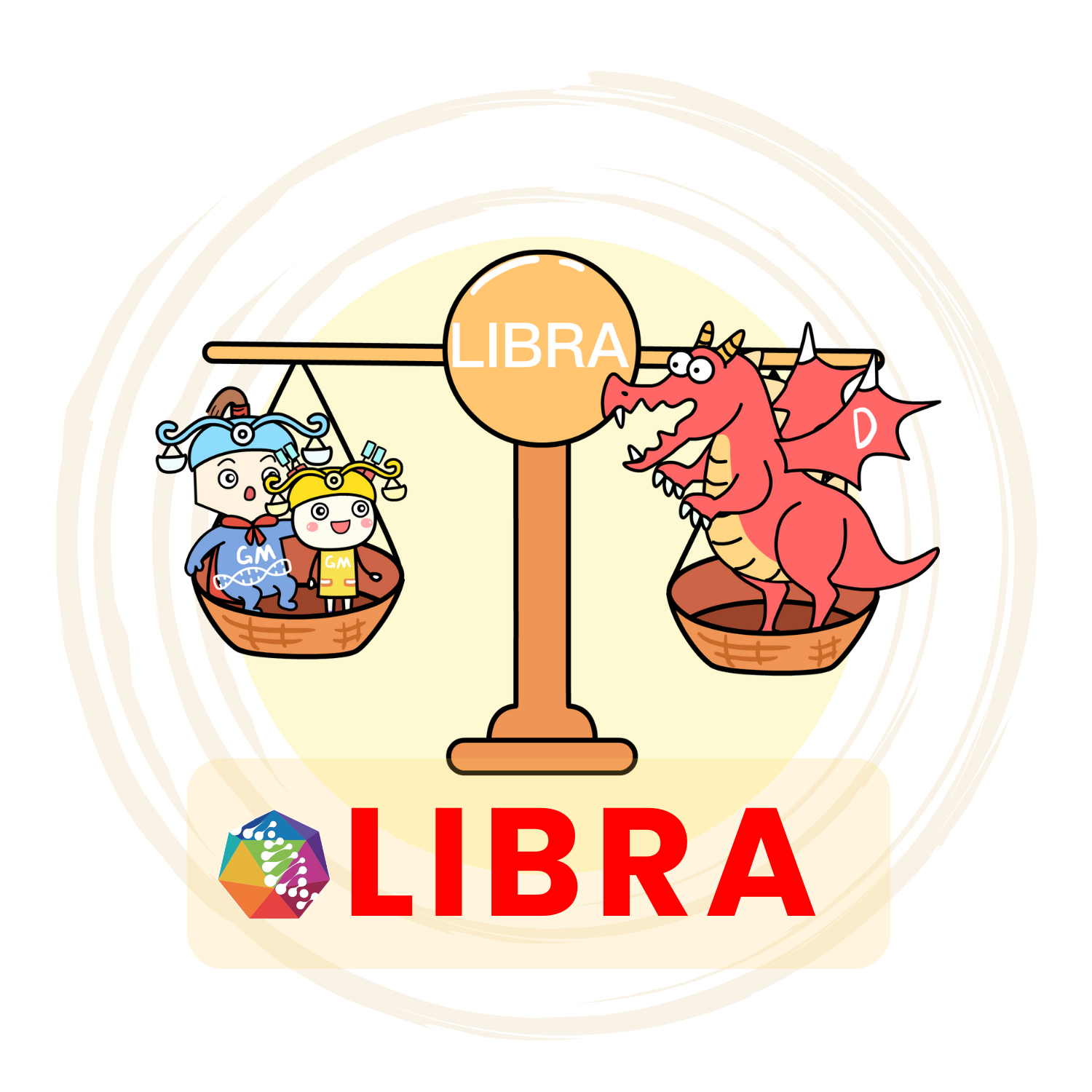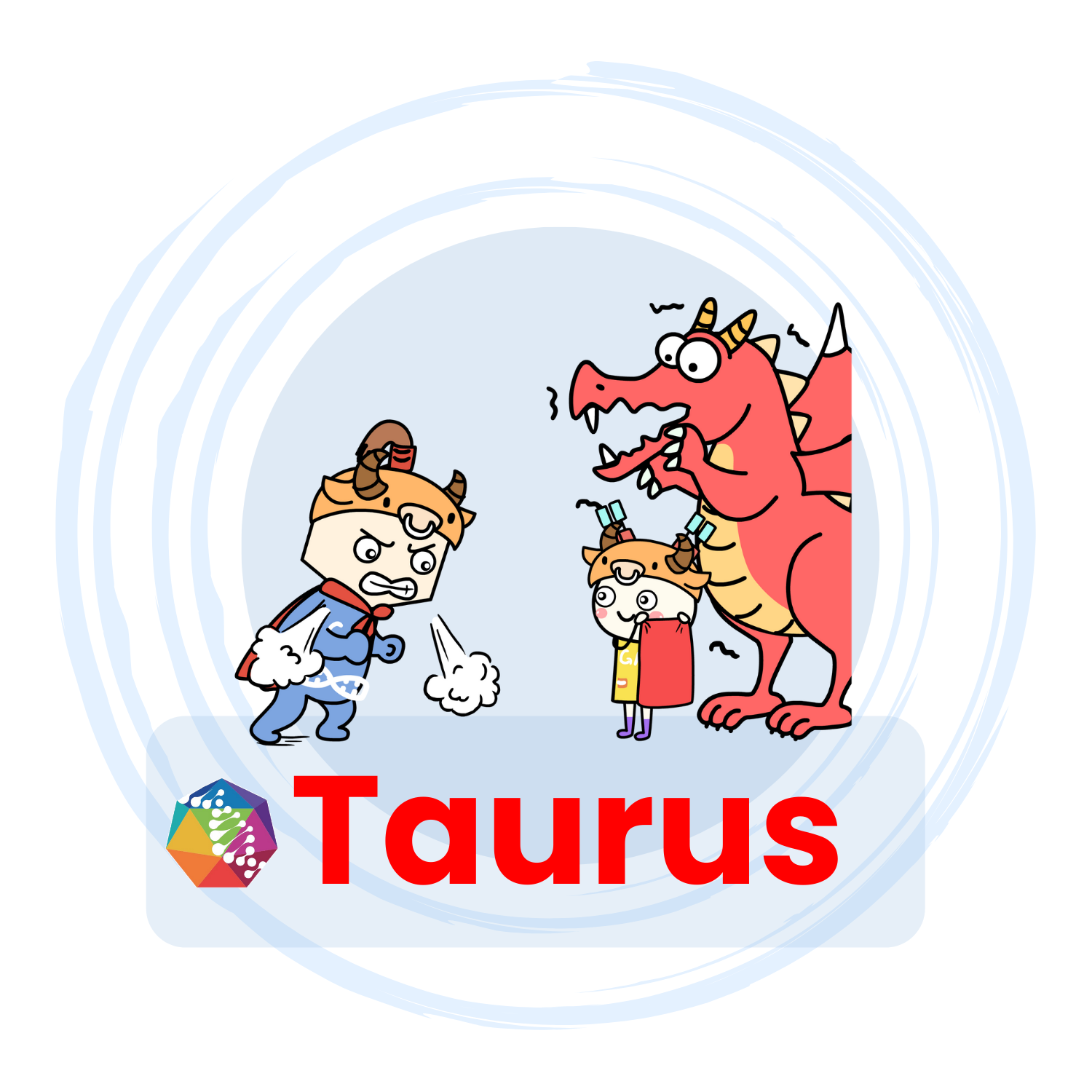Anti-ATF4/ATF-4 monoclonal antibody
The Alternative Names of target: ATF-4,ATF4,Activating transcription factor 4,Atf-4,Atf4,C/ATF,CREB-2,CREB2,Cyclic AMP-dependent transcription factor ATF-4,Cyclic AMP-responsive element-binding protein 2 (CREB-2,TAXREB67,TXREB,Tax-responsive enhancer element-binding protein 67 (TaxREB67),cAMP-dependent transcription factor ATF-4,cAMP-responsive element-binding protein 2)
Pre-made anti-ATF4/ATF-4 monoclonal antibody (mab)-benchmark antibody for ELISA, affinity binding assay, drug discovery and mechanism of action (MOA) research.
 Go
to ATF4/ATF-4 products collection
>>
Go
to ATF4/ATF-4 products collection
>>
(antibodies,
antigen, VLP, mRNA, ORF viral vector, etc)
Product information
| Catalog No. | Product Name | Species Reactivity |
|---|---|---|
| GM-Tg-hg-T53270-Ab-1/ GM-Tg-hg-T53270-Ab-2 | Anti-Human ATF4/ATF-4 monoclonal antibody | Human |
| GM-Tg-rg-T53270-Ab-1/ GM-Tg-rg-T53270-Ab-2 | Anti-Rat ATF4/ATF-4 monoclonal antibody | Rat |
| GM-Tg-mg-T53270-Ab-1/ GM-Tg-mg-T53270-Ab-2 | Anti-Mouse ATF4/ATF-4 monoclonal antibody | Mouse |
| GM-Tg-cynog-T53270-Ab-1/ GM-Tg-cynog-T53270-Ab-2 | Anti-Cynomolgus/Rhesus macaque ATF4/ATF-4 monoclonal antibody | Cynomolgus/ Rhesus macaque |
| GM-Tg-felg-T53270-Ab-1/ GM-Tg-felg-T53270-Ab-2 | Anti-Feline ATF4/ATF-4 monoclonal antibody | Feline |
| GM-Tg-cang-T53270-Ab-1/ GM-Tg-cang-T53270-Ab-2 | Anti-Canine ATF4/ATF-4 monoclonal antibody | Canine |
| GM-Tg-bovg-T53270-Ab-1/ GM-Tg-bovg-T53270-Ab-2 | Anti-Bovine ATF4/ATF-4 monoclonal antibody | Bovine |
| GM-Tg-equg-T53270-Ab-1/ GM-Tg-equg-T53270-Ab-2 | Anti-Equine ATF4/ATF-4 monoclonal antibody | Equine |
Size: 1mg | 10mg | 100mg
Product Description
| Catalog No. |
GM-Tg-hg-T53270-Ab-1/ GM-Tg-hg-T53270-Ab-2;
GM-Tg-rg-T53270-Ab-1/ GM-Tg-rg-T53270-Ab-2;
GM-Tg-mg-T53270-Ab-1/ GM-Tg-mg-T53270-Ab-2; GM-Tg-cynog-T53270-Ab-1/ GM-Tg-cynog-T53270-Ab-2; GM-Tg-felg-T53270-Ab-1/ GM-Tg-felg-T53270-Ab-2; GM-Tg-cang-T53270-Ab-1/ GM-Tg-cang-T53270-Ab-2; GM-Tg-bovg-T53270-Ab-1/ GM-Tg-bovg-T53270-Ab-2; GM-Tg-equg-T53270-Ab-1/ GM-Tg-equg-T53270-Ab-2 |
| Products Name | Anti-ATF4/ATF-4 monoclonal antibody |
| Format | mab |
| Target Name | ATF4/ATF-4 |
| Protein Sub-location | Introcelluar Protein |
| Category of antibody | Therapeutics Target |
| Derivation (species) | Mouse |
| CH1+2+3 Isotype (Receptor identification) |
IgG |
| Type of Light Chain (VD-LC) | N/A |
| Expression platform | Mammalian Expression |
| Bioactivity validation | Binding affinity is validated by ELISA with recombinant soluble protein antigen. The potency in neutralizing, inhibiting or blocking of the target protein is not detected. |
| Tag | Fc |
| Products description | Pre-made anti-ATF4/ATF-4 monoclonal antibody(mab) is expressed by mammalian cell line as a benchmark antibody for cell culture, ELISA or other affinity binding assay or functional assay development, animal model development, PK/PD model development (Pharmacokinetics & Pharmacodynamic) |
| Purity | Purity: ≥95% (SDS-PAGE) |
| Application | Biological drug disovery including cell culture, assay development, animal model development, PK/PD model development (Pharmacokinetics & Pharmacodynamic) and mechanism of action (MOA) research. |
| Formulation & Reconstitution |
Lyophilized from GM's Protein Stability Buffer2
(PSB2,Confidential Ingredients) or PBS
(pH7.4); For PSB2, reconstituted with 0.9% sodium chloride; For PBS, reconstituted with ddH2O. |
| Storage | Store at -20℃ to -80℃ under sterile conditions. Avoid repeated freeze-thaw cycles. |
Reference
About Gmab


GMab, developed by GeneMedi, constitutes an
advanced library of recombinant
monoclonal antibodies, each meticulously
designed to target specific molecular
entities. Leveraging the sophisticated
capabilities of GM’s Taurus™ and LIBRA™
platforms, GMab synthesizes antibodies
characterized by high binding affinity,
exceptional physicochemical stability, and
optimal developability profiles.
Through
expression in mammalian cell lines, GMab has
been established as a paradigmatic
reference antibody. It holds significance in
myriad domains of biological drug
discovery, encompassing cellular cultivation,
innovative assay methodologies,
strategic animal model systematization, in-depth
pharmacokinetic & pharmacodynamic
(PK/PD) modeling, and intricate mechanism of
action (MOA) investigations.



